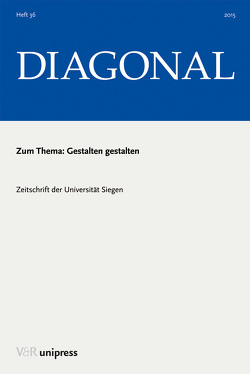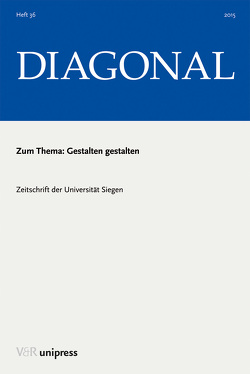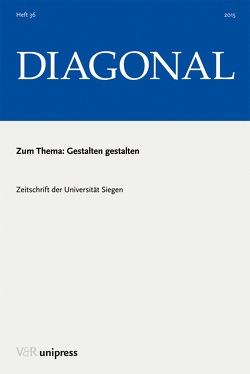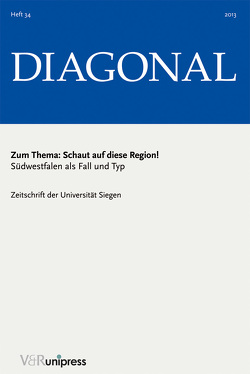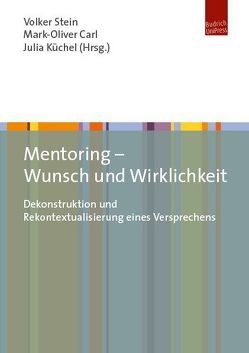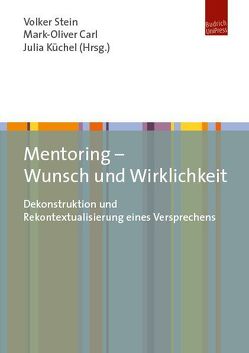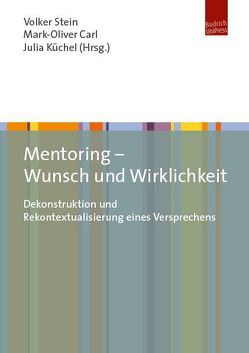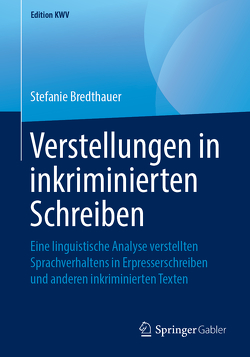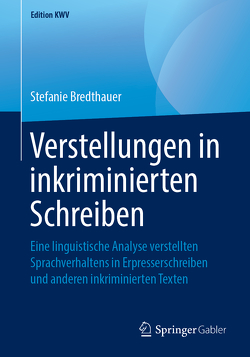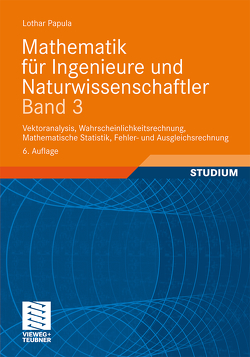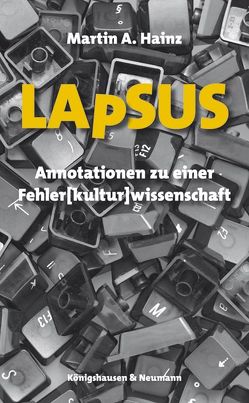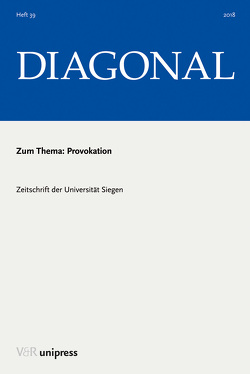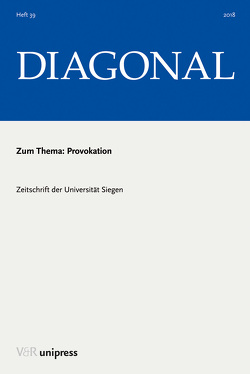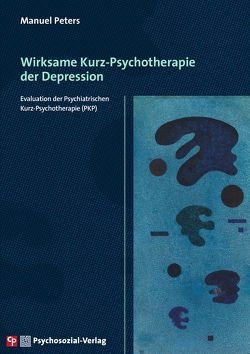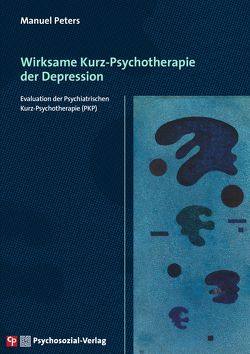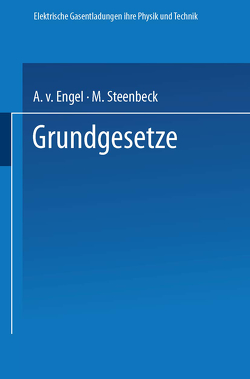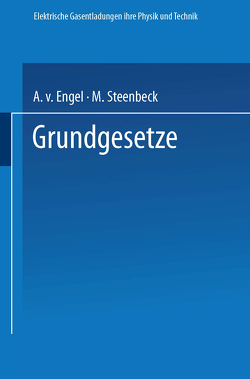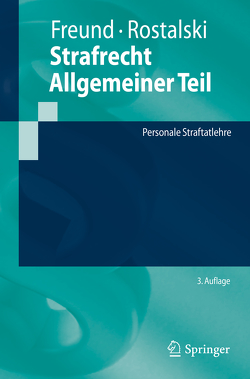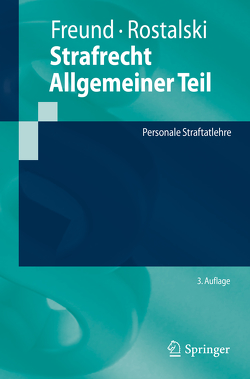Fehler
Hildegard Schröteler-von Brandt, Gero Hoch, Angela Schwarz, Volker Stein
Der Fehlerbegriff kann vielseitig interpretiert und bewertet werden: Von der falschen Handlung in Bezug auf das angestrebte Ziel bis zur schrittweisen Erreichung des erwünschten Effekts im Sinne eines Lernens aus Fehlern. Das eine eher negativ und zufällig im Sinne eines Fehlgriffs, eines Lapsus, unter Umständen einer Dummheit, das andere eher positiv und systematisch als ein Lernprozess im Sinne von Versuch und Irrtum. Fehler gehören offensichtlich zum Leben – und zur Forschung, die von Fehlern nicht nur betroffen sein kann, sondern Fehlerarten, Fehleranalyse und -bereinigung sowie Vermeidungsstrategien in ihren Fachgebieten zum Forschungsgegenstand macht und kreativ nutzt.
The notion of error can be interpreted and rated in various ways. It can be defined as a wrong action regarding one’s aim or defined as an act of reaching the requested effect gradually while we are learning from our errors. On the one hand, an error can be considered negatively or as something done by accident, in the sense of a blunder, a lapse or even a stupidity. On the other hand, it can be regarded in a positive and systematic manner, as a learning process in the sense of try and error. Obviously, errors are part of every day’s life – and also part of research which is not only affected by mistakes but also makes error types, error analysis and trouble-shooting as well as strategies for avoiding errors a subject of research in their respective research fields and uses it in a creative way.

